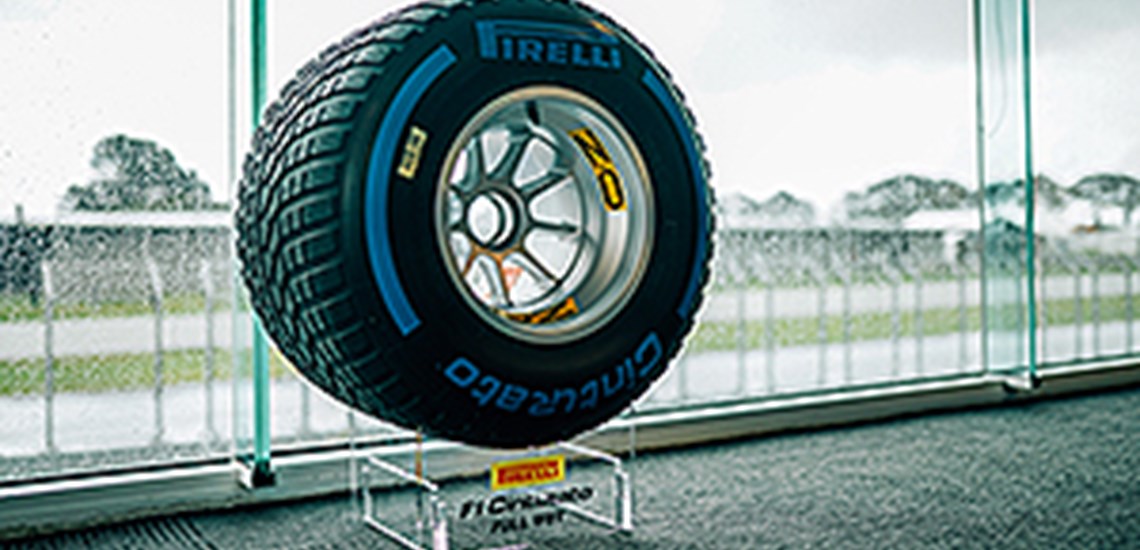Pirelli is asking for tighter controls on tyre imports in Australia, whilst also seeking better support for recycling.
Pirelli Calls for Australian Government Action
Pirelli Tyres Australia says the Australian government needs to provide tyre-makers with further support for their ongoing recycling efforts. It has also asked for legislation to be introduced on tyre imports as industry-held safety concerns have been left unaddressed.
Pirelli Tyre CCO of north-east Asia and Pacific Dimitrios Papadakos claimed that the tyre-maker is “very sensitive” when it comes to the environment, noting that “our production is completely green. We have almost zero impact” — saying that Pirelli had altered its compounds to make them “greener”.
Papadakos also said that Pirelli wants to recycle on a 1:1 basis, although finding markets has proven challenging.
While Pirelli Tyres Australia is a member of tyre industry recycling body Tyre Stewardship Australia (TSA), its managing director, Pierre-Olivier Chevalier, said their efforts are limited without further involvement from the Australian government.
“Today, we are really (pushing) for more support from the Australian government,” he said. “We are extremely committed to (recycling), but for the moment, we think the Australian government could do a bit more.”
In Australia alone, 56 million tyres are discarded each year, equating to 450,000 tonnes of materials, of which just 10 per cent are recycled locally.
Mr Chevalier also expressed his concern regarding the lack of restrictions on tyre imports in Australia, pointing out that it threatens the safety of road users.
“Basically, someone today can import tyres made 10, 15 years ago – there are no restrictions. Someone can import tyres used somewhere else in the world – there are no restrictions, which – by the way – in terms of safety, represents some concerns shared by my colleagues in the country,” he said.
Chevalier suggested that any forthcoming legislation should ensure that only new tyres were imported and that their quality should be tested before being allowed to go on sale.
Mr Papadakos indicated that Europe and North America are the most advanced markets when it comes to this legislation, with Mr Chevalier explaining that they generally use three main safety criteria for tyre safety.
“We are using the braking distances, the grip in wet conditions, and the rolling resistance (in these countries) … to define if the tyres comply or not with the local legislation,” he said.
Chevalier did not highlight the fact that tyres imported into the EU are not habitually tested for compliance, that the labelling system was down to the manufacturers.




















